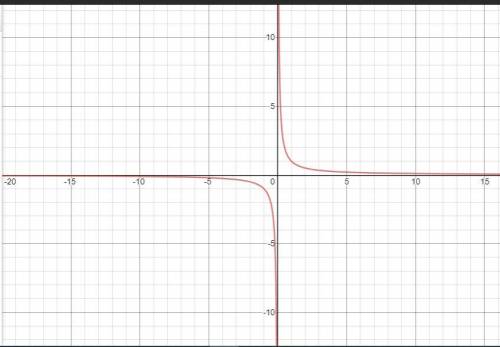
Chemistry, 19.09.2019 18:30 theylovelillexx2258
Atank contains 9000 l of pure water. brine that contains 20 g of salt per liter of water is pumped into the tank at a rate of 25 l/min. the concentration of salt after t minutes (in grams per liter) is c(t) = 20t/360+t as t → [infinity], what does the concentration approach?

Answers: 1
Another question on Chemistry

Chemistry, 22.06.2019 05:30
Match the following vocabulary terms to their definitions. 1. amount of energy required to change 1 gram of material from the solid to the liquid state at its melting point 2. a measure of the kinetic energy of the particles of a substance 3. the amount of heat energy required to raise the temperature of 1 gram of liquid water from 14.5°c to 15.5°c 4. amount of energy required to change 1 gram of material from the liquid to the gaseous state at its boiling point 5. the amount of energy required to change 1 gram of a substance 1°c a. temperature b. latent heat of vaporization c. latent heat of fusion d. calorie e. specific heat
Answers: 1

Chemistry, 23.06.2019 05:30
The image compares the arrangement of electrons in two different neutral atoms. a figure labeled atom q has a shaded sphere at the center of three concentric circles. the innermost circle has two black spheres. the middle circle has six black spheres. to the left of this figure is another figure labeled atom p. atom p has a shaded sphere at the center of three concentric circles. the innermost circle has two black spheres. the middle circle has seven black spheres. which of the following best explains the position of the two atoms in the periodic table? atom p has an estimated zeff of 7 and is therefore to the left of atom q, which has a zeff of 6. atom p has an estimated zeff of 7 and is therefore to the right of atom q, which has a zeff of 6. atom p has an estimated zeff of 5 and is therefore below atom q, which has a zeff of 4. atom p has an estimated zeff of 5 and is therefore above atom q, which has a zeff of 4.
Answers: 3

Chemistry, 23.06.2019 06:20
An object of mass 10.0 kg and volume 1000 ml and density 10 g/ml sinks in water who’s density is 1.0 g/ml. what is the mass of the water which has been displaced in kilograms
Answers: 1

Chemistry, 23.06.2019 06:30
Which of the following steps is not likely to take place during cellular respiration? (5 points) select one: a. oxygen combines with carbon of simple sugar. b. energy molecule transfers energy to cells. c. simple sugar breaks down. d. energy is used up.
Answers: 1
You know the right answer?
Atank contains 9000 l of pure water. brine that contains 20 g of salt per liter of water is pumped i...
Questions




Spanish, 18.02.2021 21:30





Law, 18.02.2021 21:30

Mathematics, 18.02.2021 21:30

Computers and Technology, 18.02.2021 21:30


Mathematics, 18.02.2021 21:30

Computers and Technology, 18.02.2021 21:30



English, 18.02.2021 21:30

Arts, 18.02.2021 21:30

English, 18.02.2021 21:30

Mathematics, 18.02.2021 21:30








